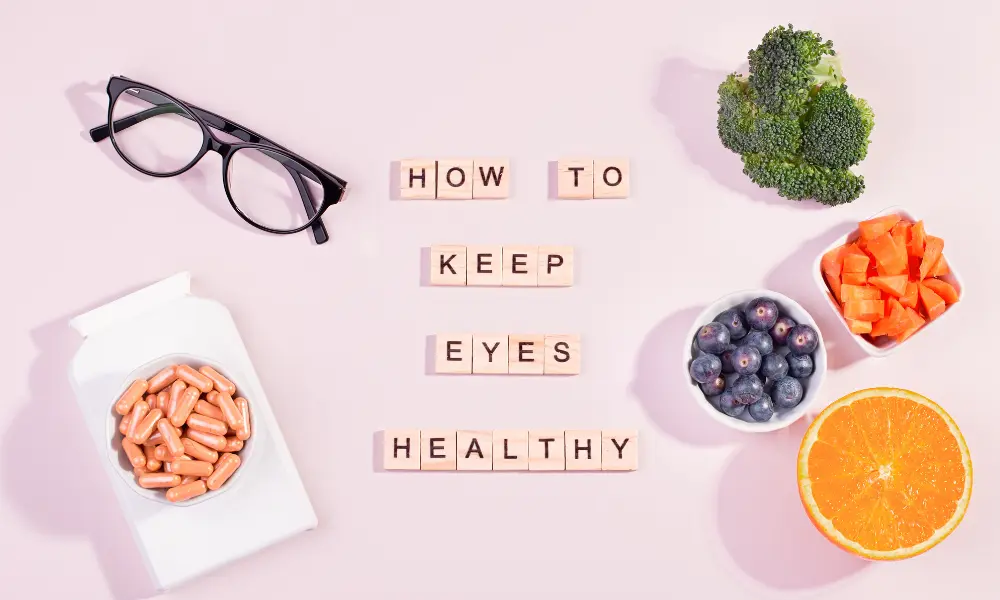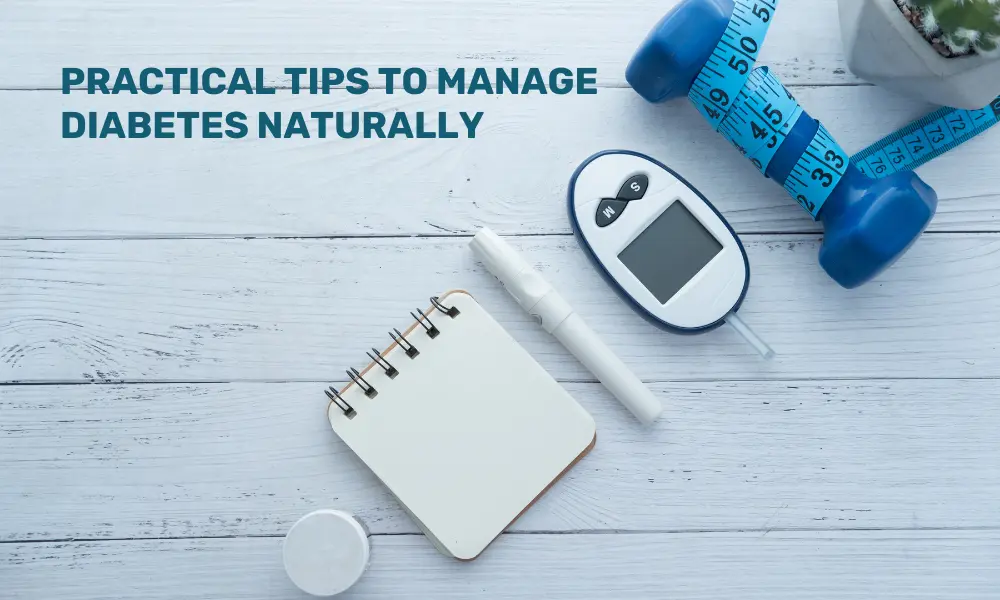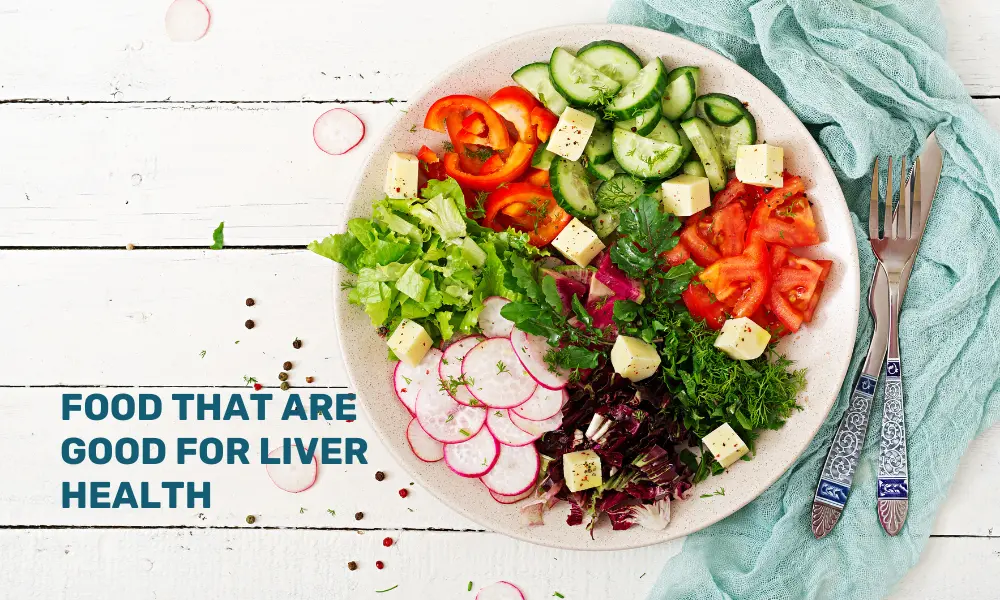Healthy vision is vital to our quality of life, yet it is mostly taken for granted until problems arise. With the growing use of digital equipment and increasing environmental pressures, our eyes face unprecedented stress. Regular eye examinations and screen cleanliness are important steps, but nutrition is essential for maintaining healthy eyes over the long term. Several nutrients are important for supporting the health of the retina, macula, cornea, and optic nerve, while also protecting the eyes from oxidative damage and inflammation.
Our in-house expert, Dt. Aparna Pandey, MSC-Nutrition and Dietetics, shares key nutrients and their food sources, providing a comprehensive approach to naturally support and maintain healthy vision.
1. Vitamin A:
Vitamin A is crucial for maintaining corneal health and helps in supporting clear night vision. It aids in the production of rhodopsin, a protein in the eyes that allows for vision in low light. Deficiency in vitamin A may lead to corneal ulcers, dry eyes, and night blindness.
Food sources: Carrots, sweet potatoes, pumpkin, spinach, fenugreek leaves, amaranth leaves, mangoes, whole milk, butter, and eggs.
2. Lutein and Zeaxanthin:
Lutein and zeaxanthin are carotenoids densely found in the retina and macula. As antioxidants in their natural form, they block harmful blue light and act as protection against oxidative stress. Consumption of these nutrients has been proven to decrease the risk of age-related macular degeneration (AMD) and cataracts.
Food sources: Spinach, kale, mustard greens, collard greens, corn, green peas, broccoli, egg yolk, and orange bell peppers.
3. Omega-3 Fatty Acids:
Omega-3 fatty acids, DHA and EPA, play very important role in the structure and function of retinal cells. They are also constituents of the oily layer of tears, which slows evaporation and alleviates dry eye symptoms. Omega-3s could also slow age-related macular degeneration.
Food sources: Salmon, sardines, mackerel, tuna, flaxseeds, chia seeds, walnuts, soybean oil, and algal oil (vegetarian).
4. Vitamin C:
Vitamin C facilitates the synthesis of collagen found in the cornea and blood vessels of the eye. Its antioxidant function protects ocular tissues from free radical damage and oxidative stress. Vitamin C may contribute to the prevention of cataracts according to research.
Food sources: Amla, guava, oranges, lemon, kiwi, strawberries, red and yellow bell peppers, tomatoes, and papaya.
5. Vitamin E:
Vitamin E is an antioxidant fat-soluble vitamin that guards against cell membrane damage in the eye and elsewhere. It has been reported to retard the progression of cataracts and AMD.
Food sources: Almonds, sunflower seeds, hazelnuts, wheat germ oil, peanut butter, avocado, and spinach.
6. Zinc:
Zinc is required for the transportation of vitamin A from the liver to the retina. Zinc also plays a role in melanin production, an eye protective pigment. Night blindness and retinal degeneration risk can result from zinc deficiency.
Food sources: Pumpkin seeds, chickpeas, lentils, cashews, whole grains, dairy products, and eggs.
7. Selenium:
Selenium interacts with vitamin E to maintain eye tissue from oxidative damage. Selenium also helps ensure the activity of glutathione peroxidase, an enzyme essential for the repair of eye cells.
Food sources: Brazil nuts, sunflower seeds, brown rice, whole wheat bread, mushrooms, and tuna.
8. Hydration:
Though not a nutrient, hydration is important for eye health. Dehydration has the effect of decreasing tear production and results in dry, irritated eyes. Consumption of sufficient water preserves moisture on the surface of the eye and aids in metabolic waste removal in ocular tissues.
Hydration tips: Drink 8–10 glasses of water a day.
Foods and Habits to Limit for Eye Health
-
Eat foods with high water content, such as cucumber, watermelon, citrus fruits, and celery.
- Avoid excessive sugar consumption as such foods can cause damage to retinal blood vessels.
-
Control salt intake as a diet high in sodium can raise intraocular pressure.
-
Processed foods and fried foods can contribute to an increase in free radical load.
-
Smoking and heavy alcohol intake compromise the blood supply to the eyes and increase cataract risk.
The Bottomline
Eyes are very sensitive organs, and their well-being largely depends on what we eat and drink. A balanced diet rich in colorful vegetables, fruits, healthy fats, nuts, and whole grains can significantly enhance eye functionality, reduce the risk of long-term eye diseases, and slow the progression of age-related visual loss. A balanced diet not only guards the eyes but also helps maintain overall health. Combining a nutrient-rich diet with screen hygiene, safety spectacles, and an eye checkup creates a holistic strategy for lifelong visual well-being. For more such nutrition-related tips – CLICK HERE!
Disclaimer: This article is meant for informational purposes only and must not be considered a substitute for professional advice.





